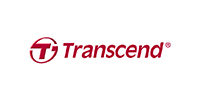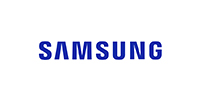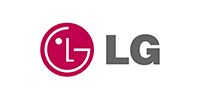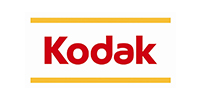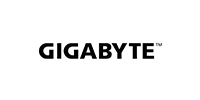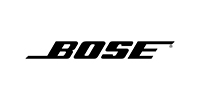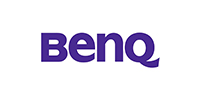Sell Notion Templates for Profit: Easy Guide to Start Earning
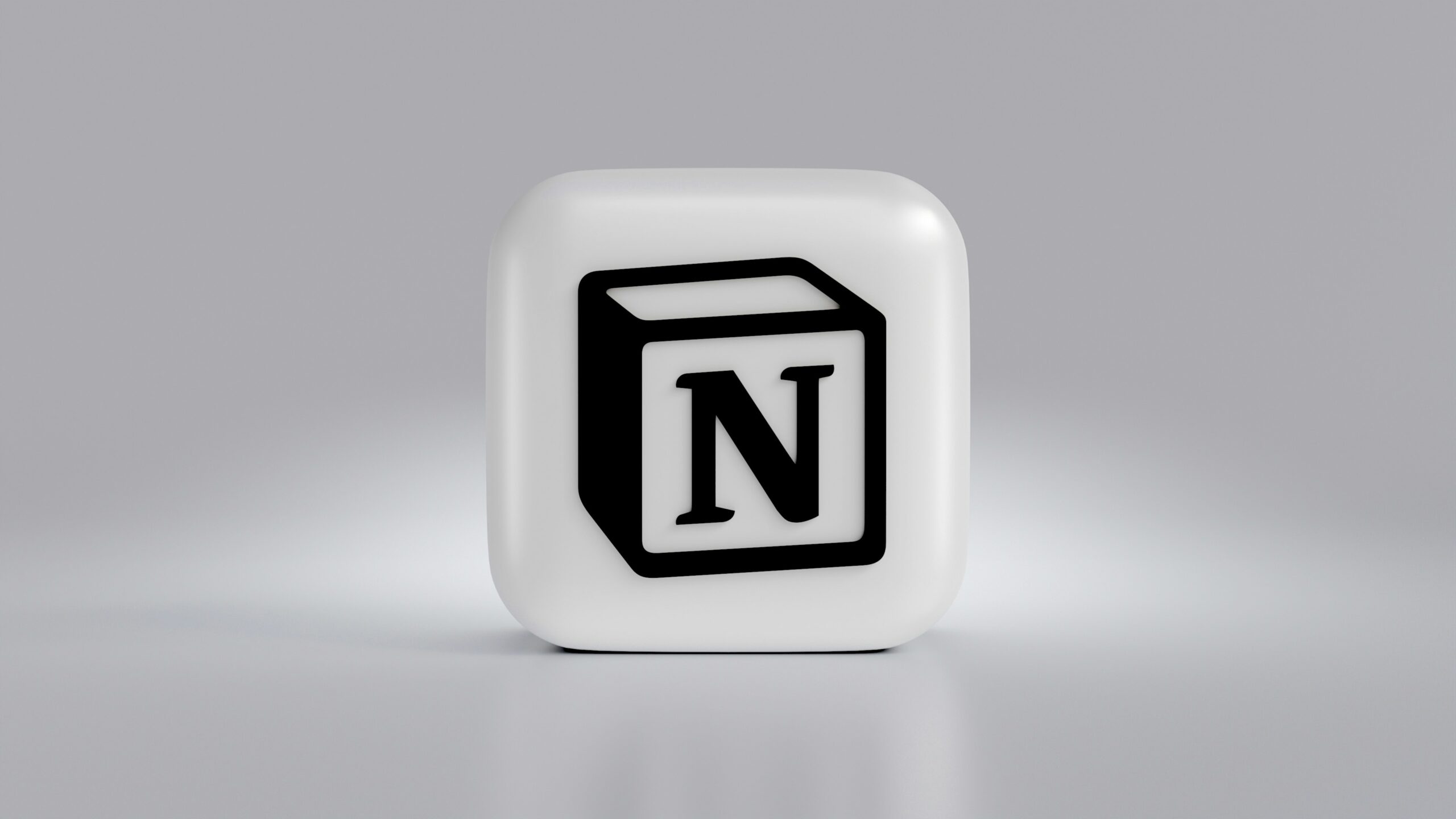
Introduction: Sell Notion Templates for Profit

Sell Notion Templates for Profit is quickly becoming one of the most accessible ways to monetize your digital skills. Whether you’re a designer, productivity enthusiast, or entrepreneur, this business model offers a flexible income stream. By learning how to sell Notion templates for profit, you tap into a growing market with minimal startup costs.
In today’s fast-paced creator economy, digital templates save time, reduce mental overhead, and streamline workflows. That’s exactly why Notion users are actively seeking pre-built, ready-to-use templates for personal, academic, or business use. This demand presents a golden opportunity for creators who understand how to craft and sell quality templates.
In this guide, we’ll break down how to get started, what tools you need, how to price your templates effectively, and where to list them for maximum visibility. You’ll also learn marketing strategies to grow your audience and build a sustainable passive income stream using Notion templates.
How to Design and Sell Notion Templates for Profit
Creating Notion templates that people want to buy involves more than just knowing the app. You need to design intuitive, well-organized templates that solve specific problems for your target audience. To sell Notion templates for profit successfully, focus on creating value. Start by identifying your niche, whether it’s for personal use, project management, or business planning.
Next, ensure your Notion template has a clean, user-friendly layout. The more streamlined your template is, the easier it will be for customers to adopt and appreciate. Remember, simplicity and functionality are key when crafting Notion templates for sale. Include sections for productivity, to-do lists, calendars, and project tracking that are customizable, but not overly complicated.
Once your template is ready, focus on packaging it for sale. Make sure your templates are easy to download, and consider offering bonus materials like instructional guides or video tutorials. This added value will help differentiate your product and make it more appealing to buyers. Be sure to also highlight the benefits of the template in your product descriptions, emphasizing how it can improve users’ productivity and save them time.
Monetize Notion Templates: Tips for Creating Marketable Templates
To successfully monetize Notion templates, it’s crucial to understand your target audience and what they need. People are more likely to buy templates that solve specific problems in their daily lives or businesses. For example, project management templates, financial planners, or study trackers tend to attract significant interest. Therefore, focus on creating templates that cater to those who will benefit the most from them.
When designing your templates, always prioritize usability and aesthetics. A well-designed template that is visually appealing and easy to navigate will always perform better. People value clean, organized layouts that don’t overwhelm them with too many options. Keep things simple, yet powerful, ensuring users can customize and adjust the template according to their needs without confusion.
Another key strategy to monetize Notion templates is to offer multiple versions or bundles. For example, you can create a basic version of your template and offer a premium one with extra features. This gives users the option to upgrade later and can increase your revenue over time. Offering templates in bundles is also an effective way to boost sales, as customers tend to perceive greater value when they purchase multiple templates at once.
Where to List Notion Templates for Sale to Maximize Earnings
To maximize your earnings from selling Notion templates, you need to choose the right platforms to list them. The right marketplace will not only bring you visibility but also ensure your templates reach the right audience. Some popular platforms to sell Notion templates include Etsy, Gumroad, and your own website. Each platform has its own pros and cons, so it’s essential to consider what works best for you.
Etsy is one of the most well-known platforms for digital products, including Notion templates. It provides an established audience and ease of use, but you’ll face more competition. If you’re just starting out, Etsy can be a great option to gain initial traction. Gumroad, on the other hand, offers a more streamlined selling experience with fewer fees, allowing you to sell directly to your audience. If you already have a following or social media presence, Gumroad is a fantastic choice for building your own brand.
If you prefer full control over your business, consider setting up your own website. This option allows you to create a dedicated storefront for your Notion templates, where you can sell directly to customers without middleman fees. However, building traffic and driving sales to your site requires consistent marketing efforts. You can integrate eCommerce tools like WooCommerce or Shopify to make selling easier. Regardless of where you sell, always make sure to optimize your listings with clear descriptions and high-quality images of your templates to attract buyers.
Maximizing Productivity with Digital Tools
Effective Workflow Management
Organizing your tasks with the right digital tools can significantly improve your workflow. Using task management apps and setting clear deadlines helps you stay on top of your projects and meet your goals efficiently.
Enhancing Collaboration and Communication
Digital tools also streamline team collaboration. From project management software to communication platforms, using the right tools fosters better teamwork and ensures seamless communication across departments.
Marketing Strategies to Grow Your Audience and Sell Notion Templates
Marketing your Notion templates effectively is just as important as designing them. Without the right marketing strategies, your templates may go unnoticed despite their quality. One of the best ways to grow your audience is by using social media platforms like Instagram, Twitter, and Pinterest. These platforms are ideal for visual products like Notion templates, where you can share sneak peeks, tutorials, and customer testimonials.
Instagram is a powerful tool for promoting digital products. You can post images and videos of your Notion templates in action, showing how they can improve productivity. Pinterest works similarly, allowing you to create visually appealing pins that link directly to your template listings. Both platforms are ideal for showcasing your templates and attracting potential customers who are looking for tools to help streamline their workflows.
Another effective marketing strategy is content marketing. Start a blog or YouTube channel where you can create valuable content around Notion and productivity. For example, you can write tutorials on how to use Notion for specific tasks, and in the process, subtly promote your templates. Building an email list is also essential. Offer a free template or resource in exchange for visitors’ email addresses, and use email marketing to nurture relationships with potential customers, sending them new template releases and special offers.
How to Price Your Notion Templates for Profit
Pricing your Notion templates correctly is key to maximizing your earnings while ensuring that you remain competitive in the marketplace. There are several factors to consider when deciding on a price: the complexity of your template, the amount of time it took to create, the value it offers, and what similar templates are priced at. While it’s important to make your templates affordable, you also need to ensure that the pricing reflects the quality and value you’re offering.
One pricing strategy is to offer a tiered pricing model. This means offering different versions of your templates at various price points. For example, you could offer a basic version of a template at a lower price and a premium version with additional features or customization options at a higher price. This model allows you to appeal to a wider range of customers, from those looking for a basic solution to those willing to pay more for extra value.
Additionally, consider offering bundle discounts. If you have multiple templates, you can offer them as a package at a discounted rate. This encourages customers to purchase more than one template and increases your overall sales. Be sure to research your competitors’ pricing to ensure your templates are priced competitively, but also make sure that your pricing reflects the uniqueness and quality of your product.
Launch Details: How to Successfully Launch Your Notion Templates
Launching your Notion templates requires a well-planned strategy to ensure maximum visibility and engagement. One of the first steps is to create a launch plan that includes a timeline, marketing strategies, and promotional efforts. Start by building anticipation before your launch date. Tease your audience on social media by posting sneak peeks of your templates, behind-the-scenes content, or countdowns to generate excitement.
Another important aspect of a successful launch is offering early-bird discounts or exclusive bonuses for the first customers. This creates a sense of urgency and rewards early adopters, encouraging more sales in the initial phase. You could also consider partnering with influencers or bloggers who have an audience interested in productivity and digital tools. By leveraging their reach, you can gain credibility and attract more potential customers to your templates.
Once your templates are live, keep the momentum going by engaging with your audience. Respond to questions, share customer testimonials, and continue promoting your templates on social media. Additionally, offer periodic sales, bundle deals, or limited-time offers to maintain interest and generate ongoing sales. A successful launch is just the beginning—building a loyal customer base and consistently offering value will help you grow your Notion template business in the long term.
Collapsible FAQs: Answering Your Questions About Selling Notion Templates
What are Notion templates and why should I sell them?
Notion templates are pre-designed pages or databases that help users organize their tasks, projects, and notes efficiently. Selling Notion templates can be profitable because there is a growing demand for customizable productivity tools. By offering templates that solve specific problems, you can attract customers looking for ways to improve their workflow.
How do I create a Notion template for sale?
To create a Notion template for sale, start by identifying a niche or problem that your template will address. Then, design a clean and functional template within Notion, making sure it’s easy to use and customizable. Once your template is ready, export it or share the link for customers to duplicate. You can then list it on platforms like Etsy, Gumroad, or your own website.
How much should I charge for Notion templates?
Pricing Notion templates depends on their complexity, the value they provide, and market competition. You can start by offering basic templates at an affordable price, and premium templates with more features at a higher price. Bundle deals and tiered pricing are also popular strategies for maximizing revenue.
How can I promote my Notion templates effectively?
To promote your Notion templates, leverage social media platforms like Instagram, Pinterest, and Twitter. Share visually appealing content and customer reviews. You can also start a blog or YouTube channel around productivity tips and integrate your Notion templates into your content. Building an email list and offering discounts or exclusive content also helps to convert visitors into customers.
Where can I sell my Notion templates?
You can sell your Notion templates on platforms like Etsy, Gumroad, or even your own website. Each platform offers different benefits, such as access to a large audience or the ability to sell directly to customers without middleman fees. Choose the one that aligns best with your business model and audience.
Related Posts
- High CPM Countries for Monetag: AdSense Monetization in 2025
- iPad 2025 New Features: AI-Powered Upgrades & OLED Display
- 10 New Technology Trends for 2025 That Will Reshape the Future
- Laziness Does Not Exist: The Psychological Truth Behind Motivation
- How I Manage Tech Debt as a Senior Developer: 5 Proven Strategies
- Gospel Mix Believers: Amapiano Mix by Gospel DJ Wize
- Top Smartphones You Should Watch Out for in 2025: Cutting-Edge Features
- U.S. Stock Market Update: 5 Shocking Things to Know Before the Bell Rings
- Smartphone Stylus vs Finger Touch: Which One’s Better?
- Soups That Are Good for Your Kidney: 5 Nourishing Recipes to Support Renal Health





